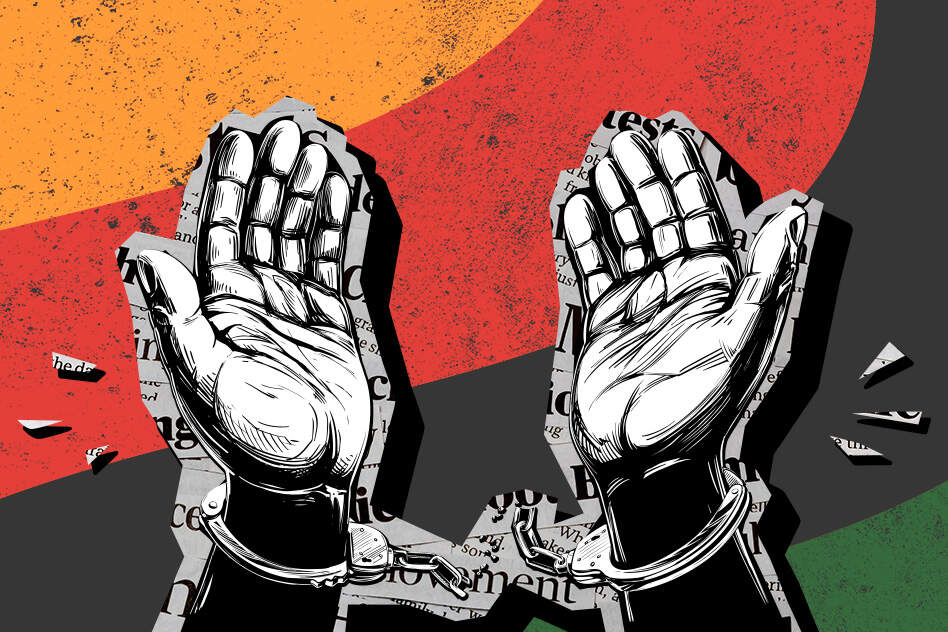The History of Juneteenth – A New Federal Holiday in the United States
Posted on: June 20, 2022
What is Juneteenth
Juneteenth, A.K.A. African American Emancipation Day, Independence Day, and Juneteenth Day, is the longest-running nationally/internationally celebrated commemoration of ending slavery in the United States. For African-Americans, Juneteenth is nothing new. It has always been a day of celebration, yet it only became a federal holiday on June 17, 2021, when President Biden signed bipartisan legislation. The bill was passed unanimously with a majority of 415-14 in the House, making it the first new federal holiday in America since 1983, when Martin Luther King Day was instated.
Juneteenth is an often overlooked event in U.S. history, and despite it being a cultural tradition celebrated for over one hundred and fifty-five years, the eventual recognition to make it a federal holiday shows slow yet undoubted progress.
What happened on Juneteenth
General Order Number 3
The people of Texas are informed that in accordance with a Proclamation from the Executive of the United States, all slaves are free. This involves an absolute equality of rights and rights of property between former masters and slaves, and the connection heretofore existing between them becomes that between employer and hired laborer.
General Gordon Granger, June 19, 1865, in Galveston, Texas.
Juneteenth – a merging of 'June 19 – celebrates the day enslaved African-Americans were promised freedom in 1865, Galveston, Texas. This decision came two years after President Abraham Lincoln's Emancipation Proclamation, also known as Emancipation Day. Union troops arrived in Galveston Bay, Texas, with news of freedom. Over 250,000 African Americans embraced freedom by executive decree on what became Juneteenth or Freedom Day. With the principles of self-determination, citizenship, and democracy magnifying their hopes and dreams, those Texans held fast to the promise of true liberty for all.

What year did slavery end?
In 1865, America's abolition movement, alongside its westward expansion, induced considerable debate over slavery that would catalyze the bloody Civil War. Theoretically, the Union victory freed the nation's four million enslaved African-Americans. However, the history of slavery continued to influence American politics and policies from the Reconstruction Era to the Civil Rights Movement, which emerged a century after emancipation. Until today, more recently, noting the tragic murder of George Floyd. Although Juneteenth signals an overdue acknowledgment of the impact that slavery has and continues to have on the African-American community, the freedoms of African-Americans have always been fragile, even today.
Juneteenth celebrations
After the government announced the abolishment of slavery in 1865, the first official Juneteenth celebrations took place a year later in Texas, on June 19. Historically, African-Americans commemorated Juneteenth with prayer meetings, singing hymns, and expressing their freedom through fashion, art, and performance. Over the next few years, African Americans throughout the U.S. and internationally soon celebrated the day, and it became an annual tradition. Celebrations have continued across the United States right through to today. Typically, Juneteenth celebrations include prayer and religious services, speeches, educational events, family gatherings, B.B.Q.s, picnics, and festivals with music, food, and dancing.
Juneteenth traditions
In addition to celebrating through parties, festivals, and parades, some wear red, black, and green in honor of the colors of the Pan-African flag, representing people of the African Diaspora and symbolizing Black freedom. Red foods and beverages such as red velvet cakes, strawberry pie, and strawberry soda are also a way of commemorating Juneteenth. The color red symbolizes the perseverance and resilience of those who were enslaved. The custom also acknowledges the two red drinks native to West Africa, hibiscus tea and kola nut tea, which enslaved Africans brought to the United States and the Caribbean.
The flag
The African-American people have always had a survival spirit and turned symbols of their oppression into positives within their community. A great symbol of that is the Juneteenth Flag. Activist Ben Haith, the National Juneteenth Celebration Foundation (NJCF) founder, and Boston-based illustrator Lisa Jeanne Gaf, created the Juneteenth Flag in 1997. In 2000 the flag was adapted into the version we know today, and Seven years later, the date "June 19, 1865" was added, commemorating the day that Union Army Maj. Gen. Gordon Granger rode into Galveston, Texas, to tell enslaved African Americans of their emancipation. The Juneteenth flag details positive symbology from the red, white, and blue colors used on the flag to encourage inclusion to the white star in the center representing Texas and the freedom of enslaved African-Americans in all 50 states in the U.S.
Why now?
The global outrage at the devasting murder of George Floyd in 2020 in Minnesota influenced a national debate over race in the United States. In the wake of the killings of George Floyd, Breonna Taylor, and Ahmaud Arbery in 2020, a renewed interest in pushing for progress was ignited. As a result, on June 15, 2021, the U.S. Senate passed a long-awaited bill declaring the day a federal holiday and helping shed light on the significance of Juneteenth for those outside of the African-American Community. The Senate approved the bill almost unanimously. Just 14 House Republicans, many representing states that were part of the slave-holding Confederacy in the 19th century, opposed the measure.
How can you show support and celebrate Juneteenth?
Reflection, awareness, and understanding are essential for those who celebrate and consider themselves allies to the Black community. You can support the holiday by getting involved in annual celebrations and traditions, supporting black businesses and brands, and giving space to those affected by racial divides in America to express their truth safely.

